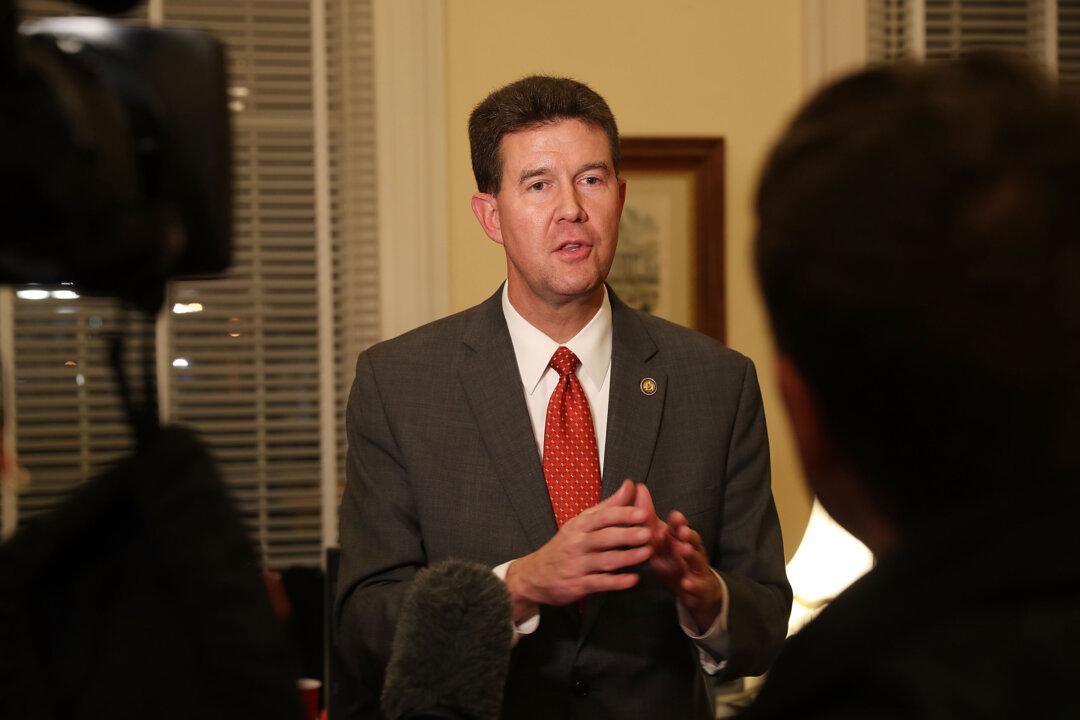Fourteen states are urging the Supreme Court to reject a lower court’s ruling that a new congressional electoral map approved by Alabama’s Legislature last year be returned to state lawmakers for redrafting because it supposedly disadvantages black voters.
The move comes after a three-judge panel of the U.S. District Court for the Northern District of Alabama issued a preliminary injunction on Jan. 24 against John Merrill, Alabama’s Republican secretary of state, temporarily forbidding him from conducting any congressional elections in the state, as The Epoch Times previously reported.





